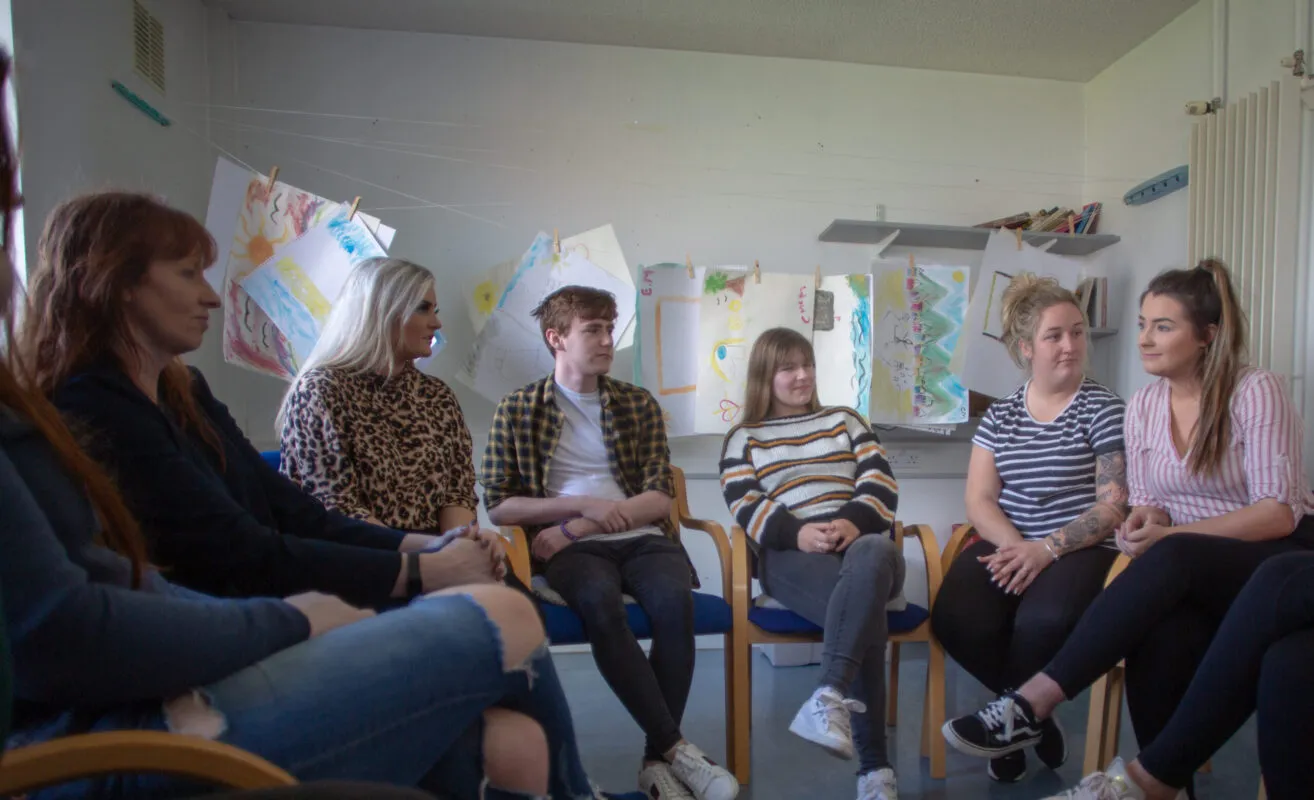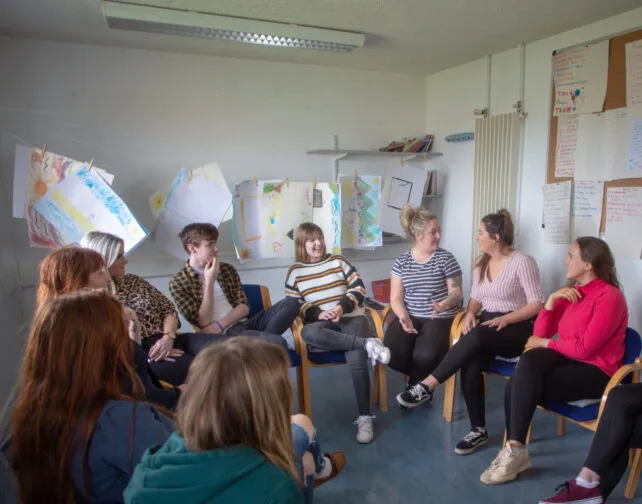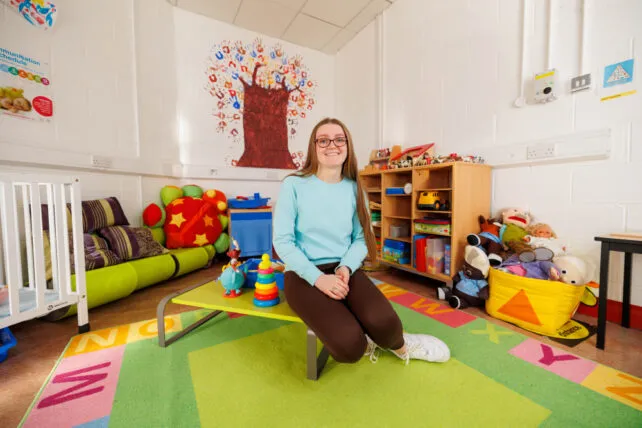What are the entry requirements?
Leaving Certificate
A minimum of two H5 & 4 O6/H7 grades in six Leaving Certificate subjecs, including English or Irish.
Foundation Level Mathematics at grade F2 or higher is acceptable as meeting the Mathematics requirement for this programme.
Mature and International Applicants
The Social Care Work programmes, in line with TUS policy, welcomes mature students and accepts applications from persons of mature years, that is, those who are 23 years of age on 1 January, preceding entry. All mature student applicants are processed via the CAO. Such applications, together with documentary proof of relevant work experience and/or qualifications, which applicants wish to have considered, should be submitted to the CAO in line with dates published on the CAO website.
Each mature student application is considered on an individual basis. Academic qualifications, work and life experience, motivation and overall potential to be successful on a Social Care Work programme are considered and evaluated from your written CAO application and an interview. Recent and relevant education is always an advantage. Demonstrating motivation, aptitude and interest in the course is key to a strong application. Shortlisting of applications take place. Assessment of applications is made by members of the Programme Board and shortlisted applicants will be required to attend for interview with an interview panel consisting of two members of the programme team. Interviews are usually held in March of the year of entry. The top scoring applicants will be offered places in the programme. Applicants who scored outside of the initial offer range will be placed on a waiting list and notified if a place becomes available.
All applications are subject to the following minimum requirements:
- English language proficiency
- A minimum of O6/H7 grades in six LCE subjects, including English or Irish or have a QQI Level 5 and/or 6 full award with a minimum of 3 Distinctions.
Applicants holding second level qualifications other than the Irish Leaving Certificate/ QQI awards will be required in the first instance to contact TUS Admissions Office at admissions.midwest@tus.ie to ascertain if the qualification is considered equivalent.
Advanced Entry
This programme currently does not offer advanced entry to applicants under recognition of prior learning (RPL) or transfer.
English Language Requirements
In order for students to effectively and safely practice as social care workers, they must demonstrate English language proficiency. The minimum English language score required by first year undergraduates on standardized exams is as follows:
| Examination | Level Required |
| Irish Leaving Certificate in English | Grade O6/H7 |
| GCSE English Language | Grade C |
| GCE O-Level English Language | Grade C |
| University of Cambridge | Pass in Use of English Exam |
| TOEFL PBT | 520 – 550 |
| TOEFL IBT | 72 – 80 |
| IELTS (First Year Undergraduate) | 5.5 |











